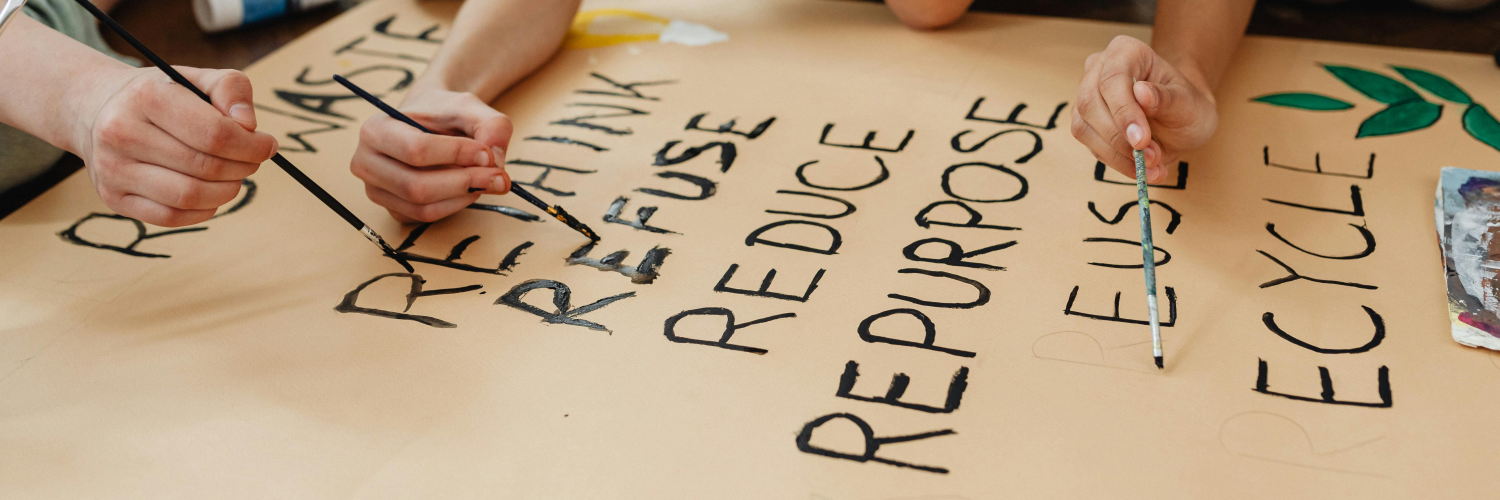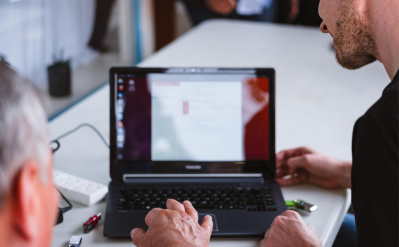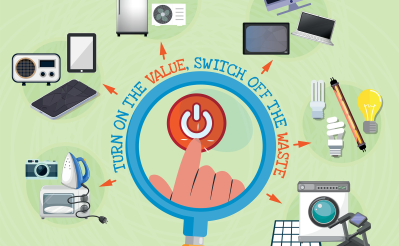News

ACR+ explores behavioral change as key to circular economy success

On 18 June, ACR+ hosted the third episode of its Circular Lifestyles webinar series, titled "Breaking Barriers: Behavioural Change Strategies for Circular Economy Implementation". Held as part of EU Green Week 2025 and in the framework of the Innovative Sustainable Economy Mission of the Interreg Euro-MED project, the webinar explored how behavioural insights can unlock circular solutions across the Euro-Mediterranean region.
The session featured insights from diverse experts addressing one of circularity's most challenging aspects: human behaviour. Rosa Strube from CSCP emphasized that "information alone doesn't trigger change — emotions do," advocating for storytelling approaches that connect emotionally with communities. Hernan Ruiz from CERC highlighted the importance of local accelerator hubs and design thinking methodologies to support SMEs in developing circular business models.
The webinar showcased three compelling case studies from Interreg Euro-MED projects. Giulia Maselli presented REPper's approach to creating repair culture through local hubs that connect citizens with repair services and training. Chrysovalantis Ketikidis demonstrated VERDEinMED's multi-level strategy targeting consumers through storytelling, industry through sustainable practice dialogues, and policymakers via the VERDE Academy. Sofia Martins outlined ProcuraMED's work addressing behavioral barriers in public procurement, noting that while public procurement represents 14% of EU GDP, 55% still prioritizes lowest price over green solutions.
Key insights revealed common behavioral barriers including lack of knowledge and skills, financial constraints, inadequate infrastructure, and resistance to change. However, successful interventions leverage existing networks, growing consumer demand, and supportive policy frameworks while emphasizing local adaptation and cross-sectoral collaboration.
The session reinforced that transitioning to a circular economy requires not just technological innovation but fundamental behavioral shifts across all stakeholders — from cost-based to evidence-based decision-making for public authorities, from linear to circular practices for businesses, and from limited awareness to informed sustainable choices for citizens.
The presentations and the recording are available on the event page.












